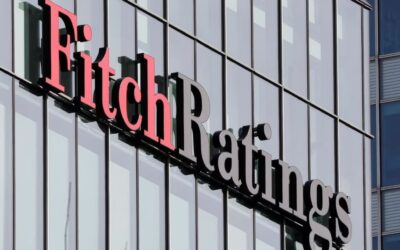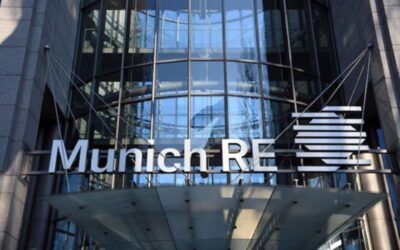In the face of ongoing geopolitical tensions, including the abduction of 134 individuals in Gaza and persistent conflicts in various regions, investors in the Tel Aviv Stock Exchange (TASE) seem undeterred. Despite concerns about the aftermath of these events, market participants appear to be adjusting their outlooks, recognizing that Israel’s risks are already factored into market prices.
Last week, the TASE witnessed notable surges, propelled by various positive indicators. The consumer price index for February revealed a continued moderation in inflation, dropping to 2.5% annually. Additionally, gains in Wall Street and signals from the Federal Reserve regarding potential interest rate cuts in 2024 further buoyed investor confidence in the Israeli market.
The Tel Aviv Index 125 surged by 5.4% to reach 2,024 points, marking its highest level in a year and a half. Similarly, the Tel Aviv 35 index climbed by 5.1% to 1,979 points, its highest since November 2022. Particularly remarkable were the increases in the Tel Aviv Construction and Tel Aviv Oil and Gas indices, which soared by 10.1% and 8.6%, respectively. The Tel Aviv Real Estate Index also saw a substantial uptick of 8.1%.
Alex Zabezhinsky, Chief Economist at Meitav Investment House, attributed the market’s performance to several factors. He highlighted the interconnectedness of the local stock exchange with global markets, the signs of economic recovery within Israel, and growing expectations of imminent resolution to ongoing conflicts, alongside anticipation of further interest rate cuts by the Bank of Israel. Zabezhinsky predicts a potential rate cut as early as the April decision.
Uri Greenfeld, Economist and Strategist at Agam Liderim, pointed out the disparity in pricing between Israeli stocks and those on Wall Street. He noted that Israeli equities had been undervalued due to perceived risks, but as global markets rallied, the relative gap widened, prompting institutional investors to reinvest in Israel. Greenfeld cautioned, however, that the Israeli market remains discounted due to lingering geopolitical risks.
Despite the market’s optimism, challenges persist, particularly in the real estate sector. Restrictions on Palestinian workers entering construction sites have led to operational disruptions, potentially delaying projects and constraining supply. This situation, if unresolved in the short term, may drive up property prices, impacting rental rates and inflationary pressures.
Greenfeld warned that rising rents could delay anticipated interest rate cuts by the Bank of Israel, as rental costs account for a significant portion of the consumer price index. Nevertheless, he believes that inflation will remain within target ranges, with the capital market pricing in modest inflation of around 2.65% in the coming year.





0 Comments